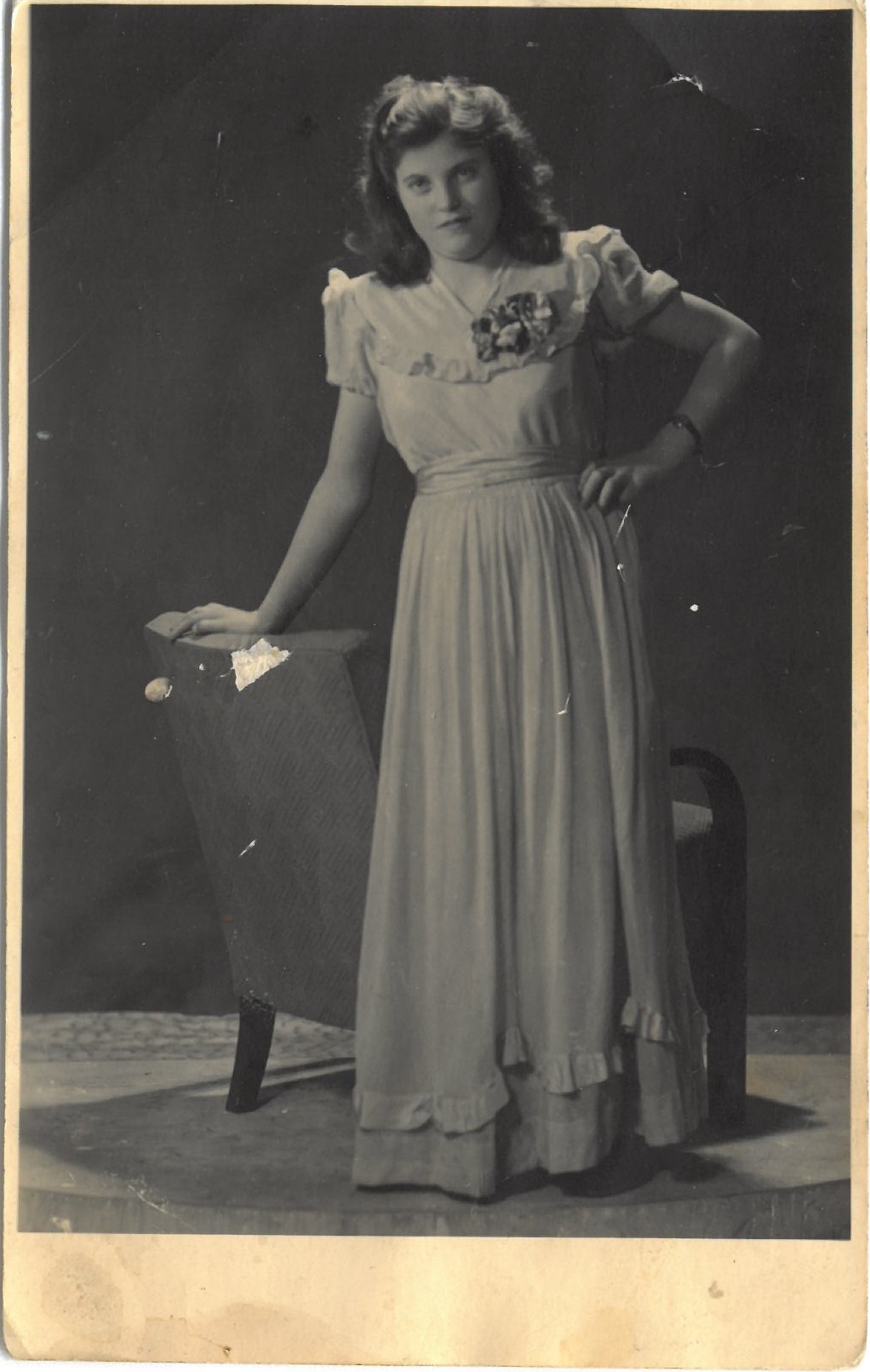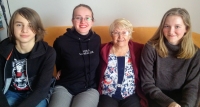I don’t even think about Slovakia anymore

Download image
Maria Sokolová was born on 13 June 1932 in Ladomirov, Slovakia. She grew up in a peasant family in poor circumstances. As a child, she experienced the war events in eastern Slovakia, recalling her coexistence with German soldiers, the destruction of the local Jewish community and the liberation by the Red Army. After her father died during the war, her sister got married in Bohemia and the family followed her. They settled first in Broumov and later in Teplice nad Metují. She worked as a laborer all her life. In 2019, she lived in Hejtmánkovice in the Hradec Královehradec region.




